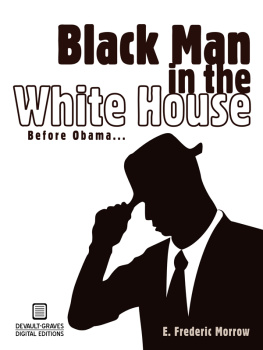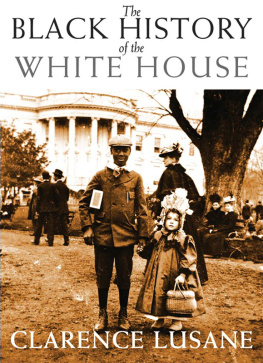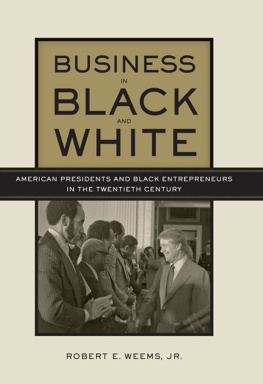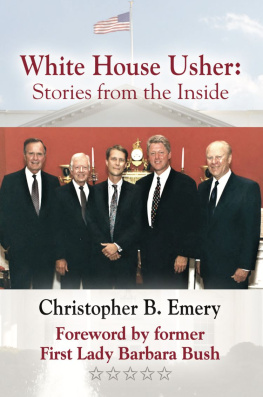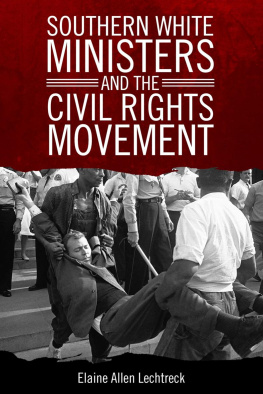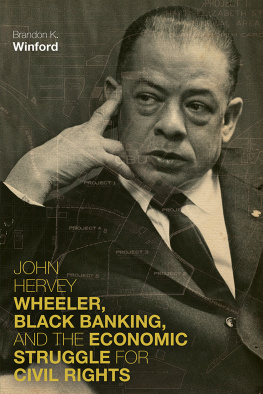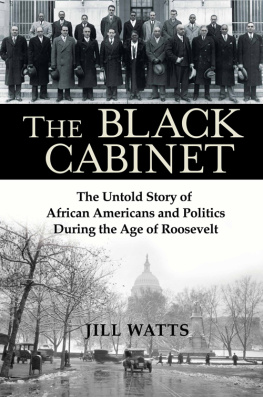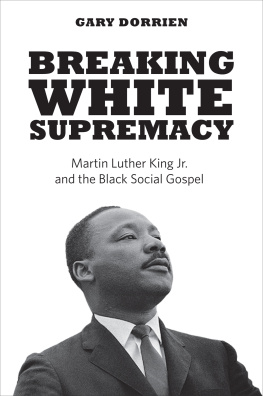

Original edition of Black Man in the White House, copyright 1963 by E. Frederic Morrow. Published by Coward-McCann, New York. Black Man in the White House (Annotated), copyright 2014 by The Devault-Graves Agency, Memphis, Tennessee. All rights reserved. This book, or parts thereof, may not be reproduced in any form, except for the inclusion of brief quotations in a review, without the permission of the publishers.
Library of Congress Catalog Card Number: 63-13310
ISBN: 978-0-9896714-4-6
Cover design: Martina Voriskova
Title page design: Martina Voriskova
DEVAULT-GRAVES DIGITAL EDITIONS
Devault-Graves Digital Editions is an imprint of
The Devault-Graves Agency, Memphis, Tennessee.
The names Devault-Graves Digital Editions, Lasso Books, and Chalk Line Books are all imprints and trademarks of The Devault-Graves Agency.
www.devault-gravesagency.com
BLACK MAN IN THE WHITE HOUSE
By E. Frederic Morrow
A Diary of the Eisenhower Years
by the Administrative Officer for Special Projects,
The White House, 1955-1961
Afterword by Les Smith
To Catherine

Acknowledgments
A great many good people helped me during my years in the Eisenhower Administration. Despite the fine opportunity afforded me by the President and Governor Adams to serve on the White House staff, I needed friendsnot only to help me perform, but to keep me from being overcome with heartbreak and disappointment over decisions that ran contrary to my hopes and beliefs. A few of these persons must be listed here:
The Alfred Moellers of Tenafly, New Jersey, the long-time friends who suggested I start keeping a diary just after the announcement of my appointment to the White House; General Andrew J. Goodpaster, Staff Secretary to the President; Clarence B. Randall, Special Assistant to the President for Foreign Economic Policy; Captain Edward L. Beach, and Captain Pete Aurand, Naval Aides to the President; Douglas R. Price, Executive Assistant; General Robert L. Schulz, Military Aide; Hon. Fred A. Seaton, Secretary of the Interior; Bernard M. Shanley, Special Counsel; General Howard McCrum Snyder, Personal Physician to the President; Colonel Walter R. Tkach, Assistant to the Presidents Personal Physician; William J. Hopkins, Executive Clerk; James Rowley, United States Secret Service; Major Ralph C. Stover, Chief, White House Police; Grace E. Earle, Chief of Telephone Service.
I want to voice a special tribute to the fine women who served as secretaries and assistants in my office during these years. They served above and beyond the call, and protected me against many a difficult moment. They were: Laura Sherman; Peggy King; Marjorie Hogan; Mary Matheus; Gladys McKay.
Introduction
I JOINED General Eisenhowers staff as a consultant in August 1952 for the duration of the campaign. His headquarters were in the Hotel Commodore, directly across the street from my office at CBS where I was a member of the public affairs staff. I was on leave from CBS.
A few days after the election, Sherman Adams called me over to the Commodore and said that both he and Eisenhower had been impressed by my work during the campaign and wanted me with them in Washington in some capacity commensurate with my background and training. I was very surprised and flattered, but said I must have time to think about it.
Not once during the campaign had I ever talked with anyone about a Washington position with the Administration. I was happy in my job at CBS and confident that it could lead to important advancement. There were personal complications too. My mother was a semi-invalid, and I had always lived with her in our family home and would have to make some provision for her welfare.
I had many talks with Sherman Adams, and he sent me to see several prominent persons to talk about the kind of spot I should occupy in the White House. Finally a letter from Mr. Adams definitely confirmed the fact that I would be a member of the White House staff and that I would be notified of this officially. He said that in the meantime he was turning over all the details to his assistant Maxwell Rabb. Mr. Adams advised me to tell CBS that I would be resigning, which I did.
After that I met frequently with Max Rabb, and each time there would be a hassle over the salary I could expect in any White House position. I had made it clear that I would not go to Washington for less than $10,000 a year, and I simply could not lower that figure. Max kept trying to induce me to take $1,000 or $1,500 less, and each time I would try to get a firm commitment he would tell me that there were a few more details to be ironed out. By the time the President had moved into the White House my status still had not been established.
The delegation had closed the campaign headquarters at the Commodore, and I began to find it impossible to get in touch with anyone. I phoned the White House dozens of times, only to be told that Mr. Rabb was out or in conference and would call me back. A very distressing period! Several months had passed since I had resigned from CBS, and I was living on savings which were dwindling fast. So was my morale.
Over three months after the Inauguration I finally got through to Bernard Shanley, special counsel to the President, and asked him to please let me know definitely what the score was on my going to Washington. He called me back the next day to tell me that he was very sorry but it had been decided that there was nothing available for me in the White House.
This failure affected me like some kind of complex disease. I tried to eliminate all the reasons why I had not been given the job. The FBI clearance had been swift and sure. I knew that my preparation was adequate. I felt that I had demonstrated my ability during the campaign and that my political record was such that there could be no doubt as to my being deserving. The only remaining possibilities were the personal ones such as prejudice or jealousy.
During all this time, Val Washington, Director of Minorities for the Republican National Committee, had been trying to move heaven and earth to find out the reason for my not getting the promised assignment. Meanwhile, members of the Administration were embarrassed by the treatment I had received, and other efforts were being made to find a suitable position for me. Through Val Washington, Charles Willis, Jr., Assistant to Sherman Adams, and others, I was finally offered the position of Adviser on Business Affairs in the Department of Commerce.
It was a new position and a policymaking one of prestige and authority, but the only reason I accepted it at all was because it would put me on the Washington scene. In effect, I took it for purely selfish reasons. However, in a few months I was so fascinated by the requirements of the job and liked my bosses, Sinclair Weeks, so much that I soon forgot my bitterness at not being assigned to the White House.
This was a pioneering job, and I had to convince a great many people in the Department of Commerce that it was possible to place a Negro in a responsible government position and have him measure up. Honeywell and Weeks stood by me at every turn, and I owe them deep gratitude for helping me to prove my worth and permitting me to try out my fledgling wings in Washington.
Next page
